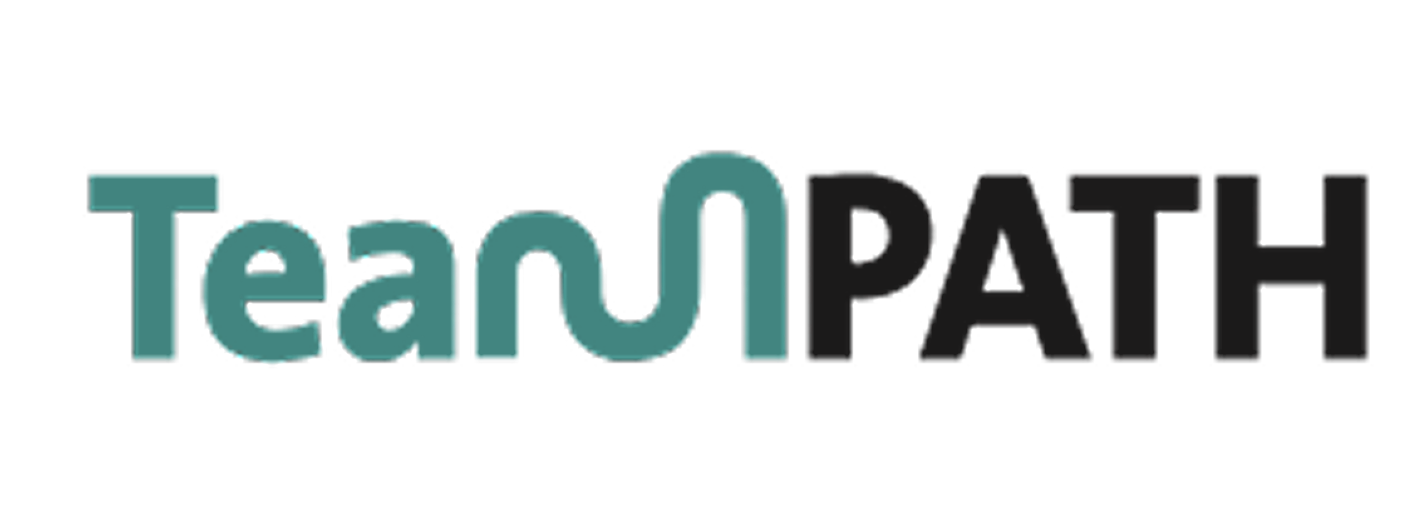The Cybernetic Teammate: Why Generative AI Might Be Your Next Great Collaborator

Team Science – With a Twist
At TeamPath, we like our advice backed by evidence. But let’s be honest—academic research on teams can be a bit dry. So we’ve asked AI to turn top team science papers into podcast-style conversations.
The result? Something like John and Gail from Pitch Perfect—if they swapped a cappella commentary for team dynamics. John’s blunt and occasionally inappropriate. Gail’s sharp and slightly over it. Together, they break down the science so you don’t have to. It’s research, with a little banter.
Disclaimer: These episodes are AI-generated. While we aim for accuracy, the bots may occasionally go rogue.
Generative AI isn't just another digital tool—it can perform like a high-functioning teammate. In a large-scale field experiment, AI boosted performance, broke down silos, and even made work feel more enjoyable.
Based on the paper “The Cybernetic Teammate: A Field Experiment on Generative AI Reshaping Teamwork and Expertise” by Dell’Acqua, Ayoubi, Lifshitz, Sadun, Mollick et al. (2025).
1. Key Findings: AI has the potential to be a teammate, not just a tool
This research, conducted with 776 professionals at Procter & Gamble, tested whether generative AI (based on GPT-4) could match or exceed the benefits of traditional human teamwork. The participants worked on real product innovation challenges under four different conditions: solo or in teams, with or without AI.
Here’s what they found:
- Performance: Individuals working with AI performed as well as two-person teams without AI. That’s a huge leap—AI closed the “team advantage” gap.
- Expertise Sharing: AI helped users transcend their own specialisms. R&D staff generated more commercially viable ideas, and commercial staff produced more technical ones. AI effectively flattened the silos.
- Social Engagement: Working with AI made participants feel more enthusiastic, excited, and less anxious—comparable to the emotional benefits of human teamwork.
They call this new kind of partner a “cybernetic teammate”—a nod to Norbert Wiener’s idea of systems that learn and adapt dynamically.
2. Current Thinking
This paper builds on a growing body of research exploring how GenAI boosts individual productivity and creativity. What sets this study apart is its focus on team-based settings, which are how most real-world innovation actually happens.
Until now, we mostly saw AI as a glorified calculator or search engine. But this research joins a newer school of thought that sees AI as a collaborative agent. It plays an active role in knowledge work—not just augmenting tasks but reshaping how expertise is accessed and how people feel at work.
The AI wasn’t even built for teamwork. It was just a large language model, lightly trained to engage in a collaborative process. Yet even so, it matched or exceeded the benefits of working with a real human teammate in many contexts.
3. Why This Is Interesting for Team Path
This research has major implications for how teams develop and work together. Here’s why it matters:
1. Rethink what “team” means
This study shows that the "teammate" doesn’t always have to be human. In practical terms, teams could be smaller, more flexible, and still perform at a high level if AI is integrated thoughtfully.
2. Flatten silos, faster
We know from research that one of the biggest challenges in teams is getting people with different expertise to see eye to eye. This research shows AI can help do that by acting as a bridge—bringing commercial and technical thinking into the same space, regardless of the user’s original role. That’s massive for cross-functional collaboration and learning.
3. Design for energy, not just efficiency
This paper highlights that AI doesn’t just make work faster—it makes it feel better. So, when thinking about team development, we can ask: Does this AI help people feel more engaged, confident, and excited about their work? It seems that is a distinct possibility.
4. Democratize innovation
Junior or less experienced team members often hesitate to speak up. But the study shows that even those without a “core job” in innovation could perform at a high level with AI support. A surprising suggestion of AI as a driver of greater inclusivity!
Final Thought
Many questions about working with AI as a teammate still need to be explored. For instance, there's evidence suggesting that people might not fully trust or be as confident in solutions generated with AI, even if those solutions are actually effective. This is understandable since we are still in the very early stages of learning how to collaborate with AI.
But perhaps, the next time you're building a team, it’s worth thinking about leaving a seat at the table for a cybernetic teammate. This study offers a glimpse into a future where AI isn't just in the background—it’s on the team.
This podcast includes content generated with the help of artificial intelligence. While we've done our best to guide and review the conversation, there may be occasional errors or inaccuracies. Please listen with that in mind and always double-check any critical information. Thanks for your understanding!
See how TeamPath can transform your team’s performance today


